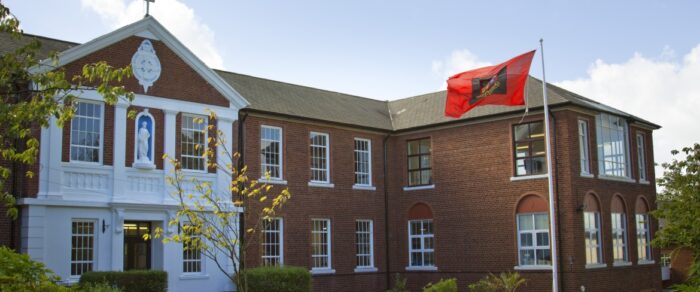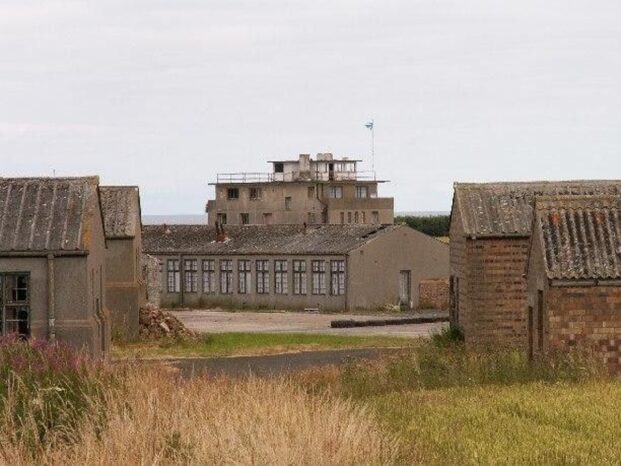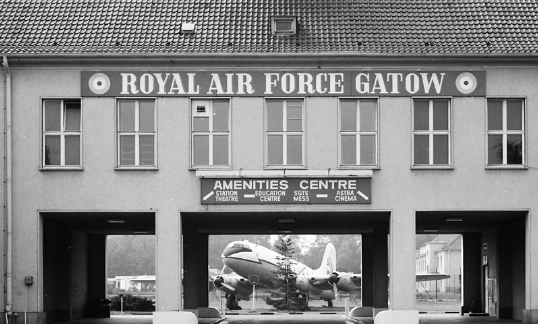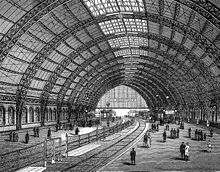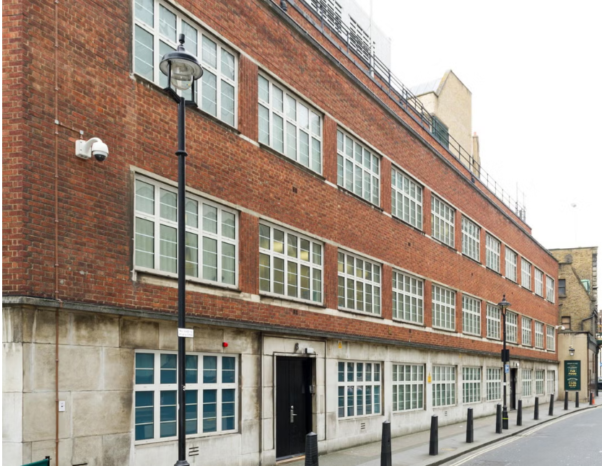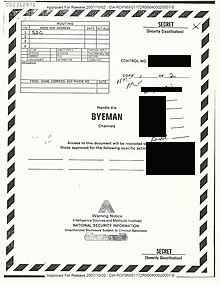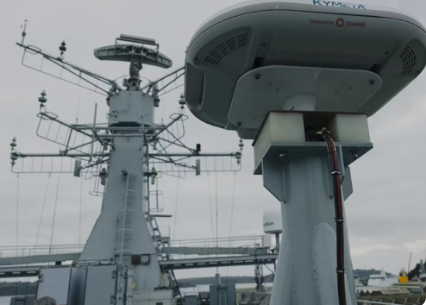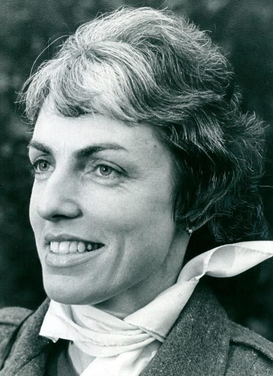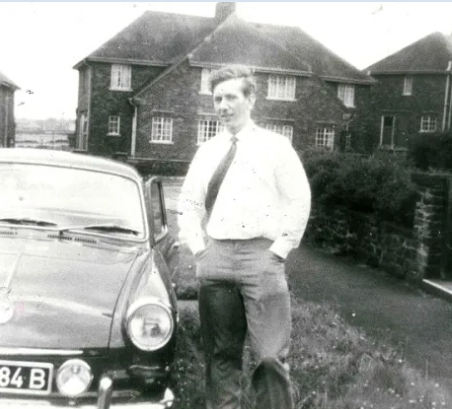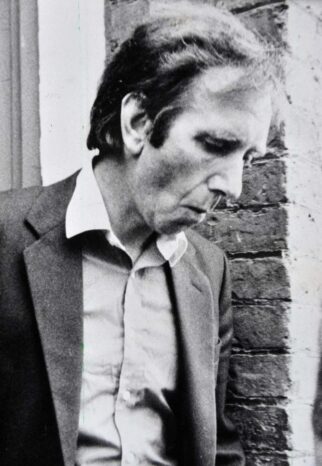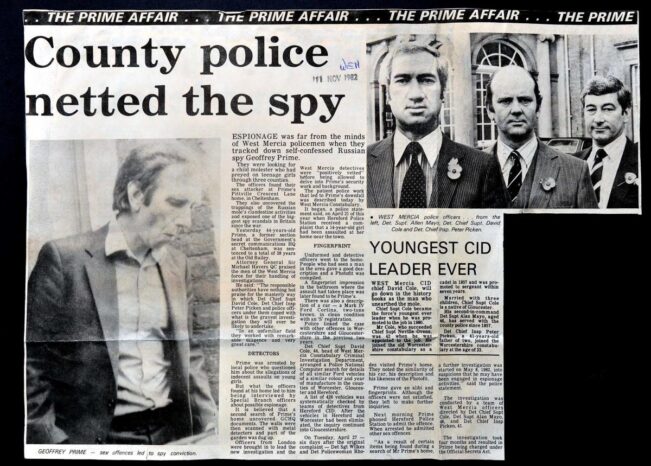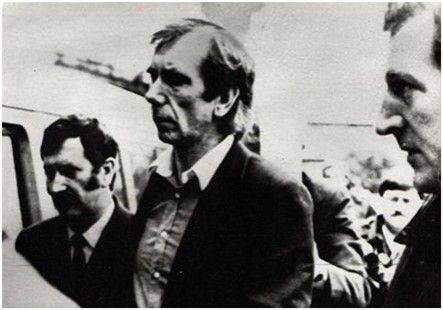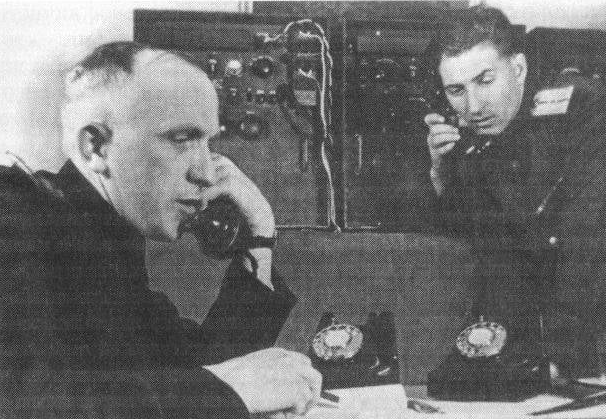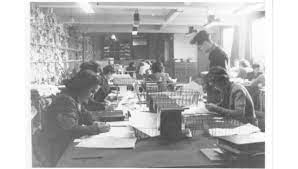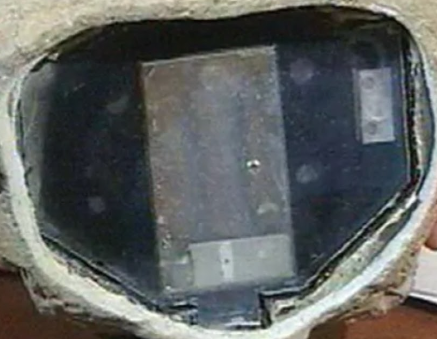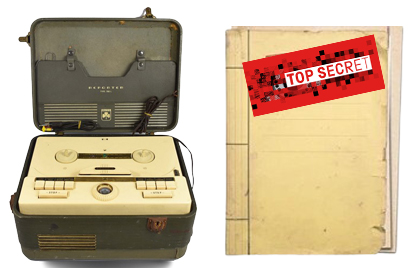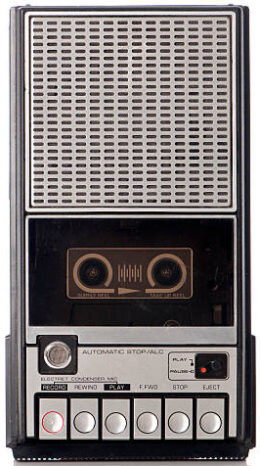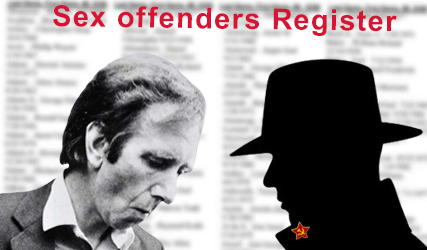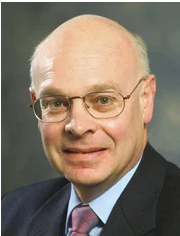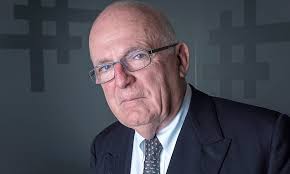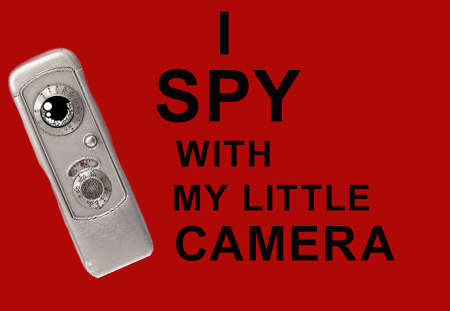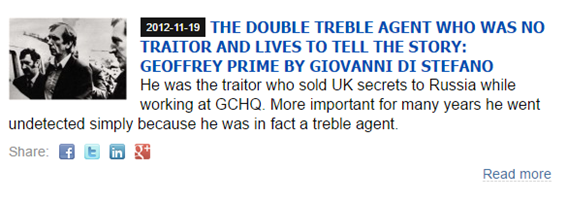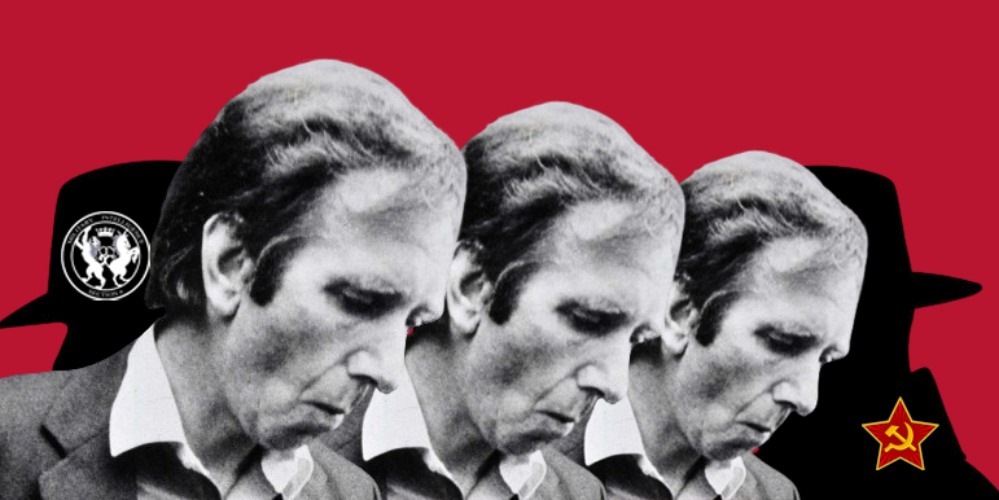
He was the traitor who sold UK secrets to Russia while working at GCHQ. More importantly, for many years, he went undetected simply because he was, in fact, a double agent. Geoffrey Prime, now 74 (when writing this article), passed on 15 rolls of film containing 500 pages of classified documents taken by a miniature camera. However, his work as a double agent was of significant importance to MI6. What is lesser known is that Prime cracked the Russian Security Services’ military codes and ensured that MI6 was informed. He was the true double agent. His arrest and imprisonment were nothing but an MI6 ploy to protect their agent.
Prime was sentenced to 38 years in jail for his treachery, which included selling secrets to the KGB that exposed that Britain and America had cracked high-grade Soviet military codes.
This revelation led to Moscow changing its encryption methods, leaving Western intelligence in the dark for almost a decade afterward. At one point, London and Washington were so caught off guard that they mistakenly feared Russia was about to invade Poland.
Prime was a textbook candidate for the Security Services.
After completing his O levels, Geoffrey Prime left St Joseph’s Catholic College in Stoke-on-Trent with qualifications in English, Spanish, Latin, Geography, and History.
Prime immediately started work at a factory as a junior wages clerk. Two years later, in 1956, when Prime reached the age of 18, he was conscripted as a National Serviceman into the RAF. Despite his wish to become a member of the Flight Crew, his colour blindness led him to become Aircraftman 11 (Stores) GA Prime.
Recognizing Prime’s talent for languages, the Special Personnel Selection Officer (SPSO) soon noticed his flair. With the Cold War at its peak and the urgent need for Russian linguists, the SPSO recommended Prime to the relevant office. Prime was then sent from Alton to the special services college, RAF Crail, in Scotland to embark on a Russian language course. The requirement for Prime to commit to regular service did not bother him as he was focused on acquiring professional qualifications. He signed up for a 9-year service commitment.
After passing a progress test twice, Prime advanced to Aircraftman 1 and then to acting sergeant. He then enrolled in an advanced Russian Language course at London University when he was just 19 years old. Unfortunately, his language skills did not align well with his university studies, leading him to leave after only three months.
As a result, his rank and privileges were revoked, and he returned to a more ordinary life in stores. Fortunately, he managed to secure a posting to Kenya, where, at the age of 21, he was promoted to corporal. In his free time, he dedicated himself to learning Swahili, achieving fluency, and engaging with the native labour force at his posting.
Upon returning to Britain in April 1962, Prime found employment at the Air Ministry in a Surrey office. With a newfound maturity, he pursued language training once more. His interest in Russian deepened during his time in Kenya and continued to grow.
After a year at the Joint Technical Services’ Language School in Tangmere, Surrey, Prime obtained an O Level in Russian in May 1964 and was subsequently stationed at RAF Gatow, Berlin. There, he worked as a voice wireless operator in signal intelligence, monitoring Russian voice transmissions. Prime excelled in his role and was promoted to sergeant in May 1968.
Berlin was encircled by East Germany and could only be reached by a sealed train. It was on one of these journeys that Prime established contact with the Russians by discreetly tossing a message near a checkpoint, by the feet of a guard, as the train crept past him. This clandestine exchange took place in January 1968.
Having volunteered his services to the USSR, Prime was directed to meet the relevant agency at the Friedrichstrasse subway station. Subsequently, he visited a flat in Potsdam, where he underwent training in spycraft and was indoctrinated by the Soviet Intelligence services. He was equipped with a Minox camera, which he later utilized for photographing sensitive documents. During his time there, he interacted with two Soviet Intelligence officers who went by the names ‘Igor’ and ‘Valya’. They imparted advanced techniques to Prime, including the use of invisible inks, one-time pads, and microdots. Moreover, he received £400 in funds, which he discreetly carried in a briefcase containing various espionage tools with a cleverly concealed false bottom. His operational codename was ‘Rowlands’.
After serving in the RAF for 12 years and acquiring rank and qualifications, Prime decided to pursue a different path. Before departing, he completed a two-month resettlement course at RAF Innesworth, Gloucestershire, and was interviewed for a position as a Linguistic Specialist Grade IV with GCHQ.
Upon demobilization, he was offered a position and commenced work on September 9, 1968, providing transcription services for Russian broadcast intercepts. Having successfully passed a language examination on June 30, 1968, he was formally recognized as a civil servant and transcriber. This role was situated at the London Processing Group in St. Dunstan’s Hill, a London outstation of GCHQ, where he gained valuable insights into the clandestine methodologies and operations of the signal intelligence organization. In March 1976, he transferred to the Cheltenham site.
Prime was able to provide his Russian handlers with detailed information about GCHQ’s monitoring activities and the specific electronic eavesdropping techniques being used against various Soviet sites. The Russians were highly impressed by the intelligence Prime shared, and in October 1969, they sent him an encrypted message via shortwave radio, using a one-time pad.
The message instructed Prime to locate a dead drop in Esher, Surrey, where he discovered £400 in cash along with a congratulatory letter.
In March 1969, Prime met Helena Organ through a marriage bureau, and they got married on the 9th of August that year. However, their marriage faced challenges due to Prime’s disturbing preference for young girls.
Despite his personal struggles, Prime continued his clandestine activities, traveling to cities like Vienna, Dublin, and Rome to meet with his handlers, receive supplies such as one-time pads and secret writing materials, and collect payments for his espionage work.
During a visit to Cyprus in 1972, Prime unfortunately lost his one-time pads. He promptly informed his controllers in East Germany of the mishap, and they acknowledged receipt of his message, allowing Prime to transition into a sleeper agent.
In April 1973, Helena Prime discovered a significant sum of money at their home. Speculation suggests that Prime may have eventually disclosed to his wife the source of his sudden wealth, leading her to confide in a close friend, Mrs. Barshby.
When Mrs. Barshby, one of Prime’s referees, was questioned during a security clearance check, she refused to divulge any information due to her unfavourable impression of the security officer. This incident may have contributed to Prime and Mrs. Prime’s decision to divorce in 1974.
In December 1974, Prime received a briefcase from the KGB containing spying equipment, £400, and an invitation to Vienna in 1975. The briefcase had a false bottom that concealed the espionage tools.
Subsequently, Prime relocated from London to GCHQ Cheltenham, where he assumed the role of a Higher Linguist in ‘J’ Division. He obtained Byeman clearance to work on Rhyolite satellite material and was briefed on the Argus and Pyramider satellite projects.
In the summer of 1975, Prime compromised the entire system for just £800. Additionally, in 1976, he was promoted to the position of section head and assigned the additional responsibilities of Personal Security Supervisor.
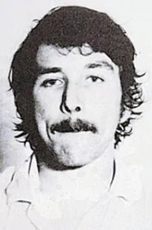 Andrew Lee
Andrew Lee
A comparable betrayal was unfolding in the United States, mirroring Prime’s actions. Andrew Lee, a confirmed drug addict, received a payment of $60,000 to provide the Soviets with nearly every technical detail of Rhyolite.
Upon relocating to Cheltenham, Prime established his home in a residence belonging to Rhona Ratcliffe, a 33-year-old divorcee. They married on 18th June 18 1977. In addition to a new wife, Prime also welcomed three young children into his life, who greatly benefited from his paternal presence in the household.
Perhaps Prime was also influenced by his newfound responsibility as he garnered respect from the children and effectively provided for them.
On 28th September 1977, Prime resigned from GCHQ. Following an unsuccessful stint attempting to sell quality wines, he transitioned to working as a taxi driver.
Before departing GCHQ, Prime had taken a series of photographs. Subsequently, on 16th May 1980, he handed over 15 reels of film to the KGB in Vienna and received £600 in return.
Later, on 16th November 1981, Prime journeyed to East Berlin to replenish his stock of espionage equipment and was compensated £4000.
In 1981, Prime pursued his interest in young girls and made advances towards a 14-year-old gymnast in her own residence. Unlike previous encounters, this girl resisted fiercely, screaming and attracting attention. Faced with her resistance, Prime became frightened and fled to his brown, two-tone, Mark IV Ford Cortina parked in a nearby farm access road.
He drove off without realizing that one of the nearby farmhands was a car enthusiast. When questioned by the police, the farmhand provided a detailed description of the vehicle. Although he couldn’t remember the full license plate number, he was certain that the car had an ‘S’ registration.
A search through the Police National Computer (PNC) identified 426 owners of similar Ford Cortinas in the immediate area, all of whom needed to be contacted for interviews.
Further investigation revealed that the suspect’s car was painted in ‘Roman Bronze,’ significantly narrowing down the list of potential owners.
During the crime, the culprit exposed his face to a young girl who provided a detailed description, including his checked shirt. Additionally, he left a high-quality partial fingerprint on the toilet tank. The composite sketch created from this evidence bore a striking resemblance to the suspect, and the fingerprint ultimately led to his identification and apprehension.
Eventually, Geoffrey Prime reluctantly opened the front door of his home to two detectives from Hereford CID, DS Wilkes and WDC Miriam Rhodes. They inquired about his ownership of the two-tone ‘S’ Reg Cortina parked in the driveway, phrasing the question in a manner that left Prime with no choice but to respond truthfully. DS Wilkes also observed that Prime was wearing a checked shirt similar to the one described by the assault victim, adding to Prime’s mounting suspicions that he was a key suspect in the investigation. Tension rose as DC Wilkes requested Prime’s fingerprints solely for elimination purposes, further unsettling him.
After the exchange, DC Wilkes and WDC Rhodes indicated they would return around 6.00 pm that evening to interview Mrs. Prime. During the informal conversation at their residence, Rhona Prime could not provide an alibi for her husband at the time of the offense.
As the gravity of the situation dawned on him, Prime understood he was on the brink of arrest for the grave offenses he had recently committed. He took Rhona to a local beauty spot, where he confessed his deviant sexual tendencies and espionage activities. Despite this revelation, Rhona chose to support her husband in the face of impending scrutiny.
Prime’s criminal activities only surfaced in 1982 when he was apprehended for sexually assaulting young girls. This revelation sparked media frenzy, shedding light on his past misdeeds that had previously gone unnoticed.
During his trial at the Old Bailey, the prosecution stated that he had inflicted “exceptionally grave damage to the interests and security of this country and its allies.” He admitted guilt to all charges, which included seven counts under the Official Secrets Act and three additional counts under the Sexual Offences Act on November 10th. This plea was remarkable considering that the sole evidence against him was his own confession.
Various items from his espionage activities, such as the briefcase, radio, tape recorder, and one-time pads, were presented as exhibits in court.
The trial lasted just over two hours. Prime was sentenced to 35 years for spying and an additional 3 years for sexual offences, totaling 38 years. If he had served the full term, he would have been 82 upon his release in 2020.
The specific information he divulged to the KGB over a 14-year period in exchange for a mere £8,000 remained ambiguous.
In 1976, after 27 years of unsuccessful attempts, employees at GCHQ and the NSA finally cracked the Russian ciphers.
The substantial amount of confidential information that Prime later provided to his KGB contacts alerted them to the fact that their codes had been compromised. This included documents exposing the full scope of Western surveillance technology.
The Russians altered all of their ciphers, rendering them unreadable until the conclusion of the Cold War in 1989. “The progress made by code-breakers was nullified,” remarked a veteran MI6 agent. “NSA and GCHQ found themselves unable to decipher crucial Soviet communications when the Russians suddenly and unexpectedly switched their encryption methods.”
It was the British code-breakers who worked at Bletchley Park during the Second World War made the first inroads into Soviet high-grade ciphers in 1946.
Prime began his career in signals intelligence as an RAF linguist and was stationed in Berlin when he made contact with the KGB in 1968. His handlers, Igor and Valya, persuaded him to join GCHQ, starting as a linguist in London and later, from March 1976, at the Cheltenham headquarters where he had access to classified documents. He typically shared information through dead-letter drops. Prime resigned from GCHQ in September 1977, finding it challenging to maintain his double life.
Prime was sentenced to 35 years in prison for espionage and an additional three years for three counts of indecent assault. Despite his release from jail, it was not due to being deemed no longer a threat to the security services, but rather because the Parole Board considered him a ‘low-risk offender’ regarding attacks on children.
Prior to this, Prime had served a three-year sentence for indecently assaulting three young girls, one of whom was a 14-year-old from Herefordshire, which ultimately led to his exposure as the ‘spy of the century’.
In one disturbing incident, Prime contacted the 14-year-old girl by phone under the guise of ‘Mr. Williams’ and later visited her home posing as a painter and decorator. During this encounter, he made inappropriate advances, threatened her with a tin opener, and inquired about other vulnerable girls living alone. The authorities were alerted when witnesses reported a suspiciously coloured Ford Cortina in the vicinity, which was traced back to Prime.
The situation escalated when Prime, an advanced linguistic specialist at the government listening post GCHQ in Cheltenham, confessed his espionage activities to his devout second wife, Rhona. Prompted by this revelation, Rhona discovered incriminating evidence in the form of envelopes addressed to East Germany, coded materials, and notes related to microdot production in a carrier bag on May 23, 1982.
Upon contacting the authorities, a thorough search of Prime’s residence unveiled a wealth of damning evidence, including a list of frequencies and schedules, a radio receiver, a Grundig reel-to-reel tape recorder, and a top-secret document from GCHQ.
As if Prime didn’t have enough to worry about during his interview, Detective Chief Superintendent Cole of West Mercia Police presented a series of envelopes, one-time pads, and a radio schedule. Despite Prime’s feeble attempts at an excuse, he soon realized that he would have to come clean and reveal the truth.
During the interview on 25th June, DCS Cole persistently questioned Prime, who deflected each inquiry until Mr. Cole unveiled a tape player. As the device hummed to life, a monotonous stream of coded numbers in German echoed through the room. Prime weakly claimed that his hobby involved listening to the radio and adjusting the tuning knob.
On 26th June 1982 at 4.30pm Geoffrey Prime made his complete confession.
It is believed that Prime, whose name remains on the sex offenders’ register, was blackmailed by the Russians who persuaded him to work as a translator at GCHQ. But this may have been simply a defence mitigating factor.
He was released on parole in 2001 and provided with a new identity to safeguard him against potential vigilante attacks. The decision to offer a new identity to an individual who had betrayed their country naturally raises concerns about whether the entire process of arrest, trial, conviction, and imprisonment was possibly orchestrated by the Security Services as a means to extract an agent from a particular assignment.
In 2008, former GCHQ Director Sir David Pepper said the Prime affair had come as “a great shock” to the centre. In fact he was one of the most trusted and no one ever suspected him.
He started working for the KGB in 1968 while on RAF intelligence duties in West Berlin. It is believed that the Soviets learned of his paedophile activities and this knowledge to blackmail him. He was then convinced to accept a position as a translator at GCHQ, granting him access to highly classified codes and military frequencies.
During his regular trips to Vienna, he shared intelligence with the KGB. The Soviet Union utilized this information to send decoy messages, while the real secrets were transmitted using different codes or through diplomatic channels. Additionally, he also shared crucial information with MI6. His release from prison was actually arranged halfway through his sentence by Sir Richard Dearlove, who ensured that his file remained securely locked.
His betrayal is believed to have compromised NATO contingency plans for defending Western Europe in the event of war. Moscow paid him a total of £8,000 before he was exposed.
In addition, Prime was a member of the Paedophile Information Exchange and maintained a card index of 2,287 young girls whom he targeted by phone.
The Prime affair reportedly prompted the GCHQ base to become more transparent about its work and operations in Cheltenham.
What remains undisclosed due to Geoffrey Prime’s guilty plea is the technical equipment he utilized, which was actually supplied by MI6. The examination of the spying equipment used by Prime prompts further investigation into the technical aspects and raises questions about the pressures Prime must have faced while leading a triple life.
It is intriguing to note that Prime was given a Minox camera by his controllers. Prime had hidden it in his loft beneath the fiberglass insulation next to the joists near the chimney. He then asked Mr. Cole where it was, as everything else had been produced.
DCS Cole was unable to explain why the camera had not been found during the initial search, and a subsequent search also yielded no results. Despite Prime knowing it was concealed in the loft, the police did not discover it in their searches.
This situation raises three unresolved questions: Who removed the camera, why, and where is it now?
To this day, Prime enjoys full protection, a privilege reserved only for those who have served the State, not for those who have betrayed their country.
The answers to these questions, along with an exclusive interview with Geoffrey Prime revealing all, will be disclosed in the coming months.
By Giovanni Di Stefano
Edited, designed and compiled by Caroline A Bayford, OPC Global News and Media
First written, published by the above named 19 November 2012
©GDistefano/OPCGlobalnewsandmedia – 2012
NB: Some images retrieved from Google, will remove at owner’s request.

